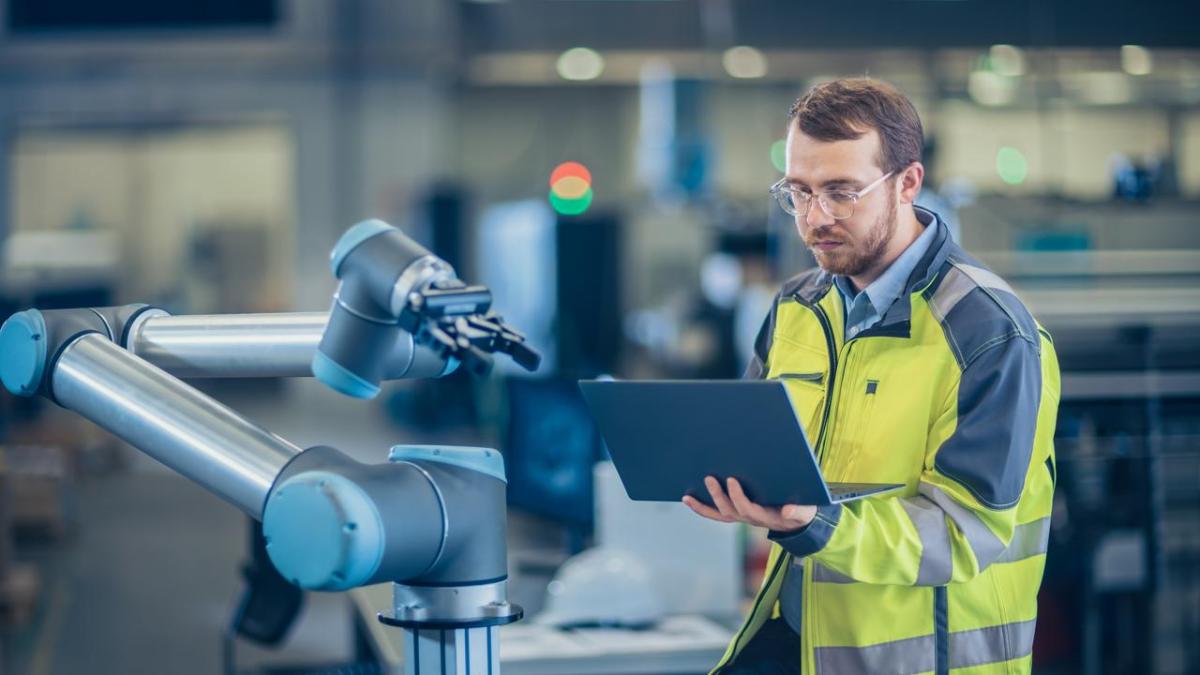However, robotic process automation is becoming a true revolution in business, and its far-reaching impact has already made it a key player. Global software company Automation Anywhere conducted a survey of office workers in more than 11 countries. It revealed that time wasted on repetitive tasks that could be automated accounted for more than 40 per cent of their working day.
What is RPA?
RPA is the acronym for robotic process automation. It is software designed to take over repetitive tasks. In other words, it allows organisations to computerise manual tasks that previously required human intervention through the use of bots.
These bots are computer programmes developed to interact with systems and applications in the same way as a person would. In this way, they can perform a wide variety of tasks, but imitating human behaviour, such as entering and retrieving data, filling out forms, performing calculations or transactions, among other actions.
The design of this type of software is based on predefined rules and programming logic, which is combined with Artificial Intelligence, AI. The objective of these computer developments is to coherently organise and plan the orders necessary to properly execute the tasks for which the programme has been designed. On the other hand, it has the ability to integrate with existing systems without the need for significant changes to the underlying infrastructure. As a result, it is an agile and flexible solution for automating business development.
What are the benefits of robotic process automation for SMEs?
According to a 2021 study conducted by Red Hat and IDC on its own customers, the average five-year return on investment (ROI) was 667 %. What’s more, this company, which specialises in open source solutions, believes that the break-even point is reached within a year. And no wonder, as the benefits are numerous:
- Efficient automation: Reduces errors and increases task accuracy. Employees are freed from tedious tasks and can focus on more strategic, higher-value activities.
- Cost savings: By automating certain actions, organisations reduce their need to hire additional staff, thus saving on labour costs.Increased efficiency and productivity: RPA performs these tasks faster than humans.
- Improved quality and compliance: By reducing errors and optimising accuracy, it helps to raise the quality of business developments. In addition, by following pre-defined rules, it helps to ensure regulatory compliance as well as mitigate legal and financial risks.
- Scalability and flexibility: Easily adapts to changes in both workload and process requirements, as bots are rapidly implemented and deployed. This allows organisations to adjust with agility to the demands of the market at any given time.
- Integration with existing systems: No major modifications to the underlying infrastructure are required. Therefore, organisations can leverage their technology investments and add automation capabilities without having to replace entire systems.
- Improved customer experience: By streamlining and reducing response times, companies are able to provide a more satisfying customer experience.
Are Spanish companies aware of its importance?
Companies must be able to see the full potential of these tools, not only in isolated processes, but also as a whole and how they add value in their financial, customer service and marketing departments as well as in others such as human resources, production or sales, regardless of their size.
However, according to IDC Research Spain and UiPath, the automation process will account for almost half of companies’ investments in the coming years. Already in 2022, in Europe it will move more than 1229 million euros in investments.
On the other hand, the UNO and Everis report, Post-covid technology trends in the logistics sector, can be extrapolated to different sectors. The report concludes that the technologies with the best ROI and greatest impact on efficiency include data analytics, artificial intelligence, automation, IoT and advanced traceability.
The implementation of RPA in enterprises is increasingly necessary because it is a valuable tool for organisations seeking to optimise their processes and adapt to a connected and automated business environment, i.e. to adapt to digital transformation. Moreover, it easily integrates with other emerging technologies in order to improve efficiency and quality or reduce costs and optimise other aspects.









